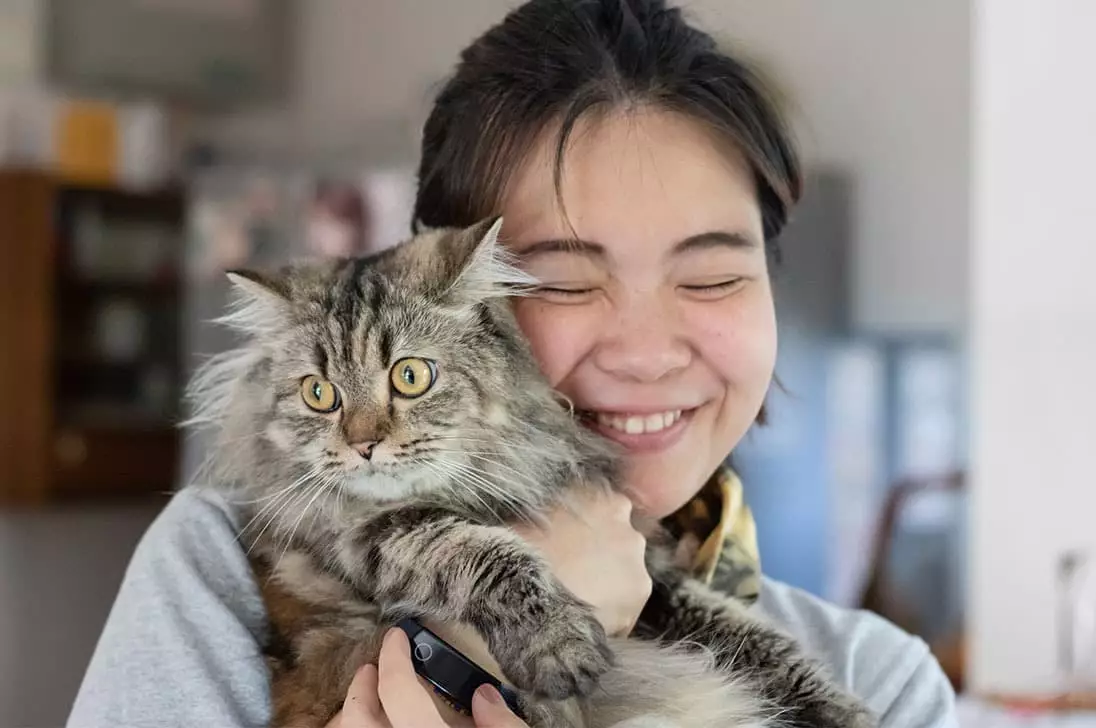As summer approaches, pet owners frequently face the dilemma of leaving their beloved cats when traveling. It’s essential to ensure that everything is in order to guarantee your furry friend’s safety and comfort during your absence. This article aims to provide a comprehensive checklist to help you prepare for leaving your cat in the care of a trusted pet sitter or boarding facility. By ensuring all bases are covered, you can embark on your summer adventures with peace of mind.
One of the first steps in preparing to leave your cat is to ensure that your pet sitter has all the necessary contact information. They need to know how to reach you in case of any emergencies. It’s not just your current phone number that should be shared; consider providing alternative contact numbers. Maintain a streamlined communication line by equipping your pet sitter with your regular veterinarian’s contact details and the nearest emergency veterinary clinic. In addition, it can be beneficial to share the contact information of a close friend or relative who can step in if any serious issues arise.
Having open and honest communication with your pet sitter can also ease any anxieties about your cat’s welfare. Provide them with detailed instructions to follow during your absence, including feeding times, dietary restrictions, and any specific care routines your cat is accustomed to.
No owner wants to consider their beloved pet going missing. Ensuring your cat’s identification is up to date is vital before you leave. A collar with an ID tag that includes your contact information can be invaluable if your pet escapes. This offers peace of mind, knowing anyone who finds your cat will quickly have a way to reach you. For added security, investing in a microchip is highly recommended. Microchips are a reliable backup option, especially in the event your cat manages to slip away unnoticed. They can be scanned by any veterinarian or animal shelter, helping to facilitate a more efficient reunion.
Cats thrive on routine and familiar surroundings, making it essential to maintain their usual daily practices as much as possible. Begin by considering your cat’s diet; leaving behind their preferred food is crucial. A sudden change in diet can lead to gastrointestinal upset, which could cause unnecessary stress for both your pet and the caretaker. Ensure you provide enough food and treats for the entire duration of your absence, and communicate feeding instructions clearly.
In addition to food, leave your cat with engaging toys and activities. Cats can become anxious when separated from their owners, so providing interactive playthings can keep them busy. Long-lasting chew treats or puzzle toys can help alleviate boredom, offering both mental stimulation and a distraction from their feelings of loneliness.
Packing your cat’s favorite toys or blanket can significantly ease their transition to a new environment. Familiar scents can provide comfort and help your pet settle in more comfortably. You might even consider leaving one of your worn shirts; the scent of their owner can help soothe nervous kitties and make them feel more secure in an unfamiliar space.
If you are having a sitter watch your cat at home, ensure there are ample toys available to promote interactive play. The more engaged your cat is, the less likely they are to dwell on their owner’s absence.
While one hopes that their beloved pet will remain happy and healthy during their absence, preparing for emergencies is crucial. Most pet boarding facilities and some pet sitters will allow you to leave a credit card on file for any unexpected costs related to your pet’s care. Be sure to discuss this beforehand and clarify any procedures in place in case of emergencies. Additionally, inform your veterinarian of your travel plans, so they are aware that another person will be caring for your pet during your time away.
Being well-prepared for leaving your cat in someone else’s care is a worthwhile endeavor that can greatly reduce stress for both you and your feline companion. By implementing these strategies—ensuring effective communication with your pet sitter, maintaining routine and comfort, and preparing for emergencies—you can enjoy your travels knowing that your beloved pet is in safe and caring hands. After all, a well-prepared owner is key to a happy cat!

